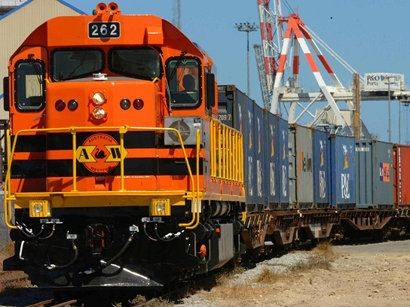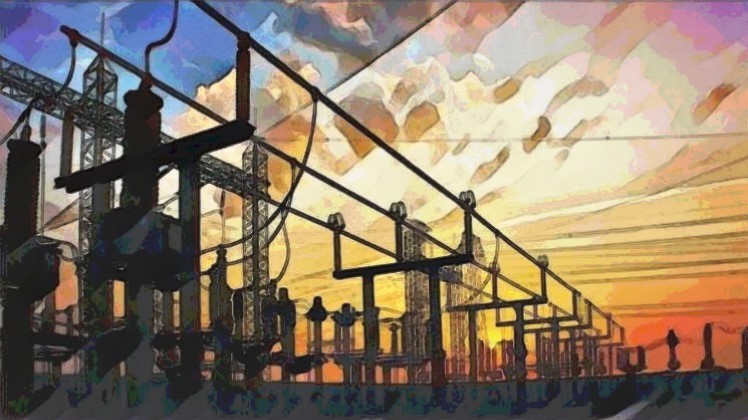ASTANA (TCA) — To further increase the volume of rail transit traffic along the East-West transport corridor via Kazakhstan, it is necessary to increase the speed of trains on the entire route from the point of departure to the destination point to not less than 1200 km per day or more, Maksat Kabashev, vice president for development of Kazakhstan Temir Zholy (KTZ) national railways company, said last week at the International railway business forum “Strategic partnership 1520: Central Europe” in Vienna, held with the participation of heads of national railway companies, transport officials of the European Commission, representatives of transport, logistics, machine-building and construction companies of the EU and CIS countries, KTZ reported.
Kabashev also noted the need to increase the capacity of border crossings on the border with Europe, to increase the volumes of the backload in the direction of Europe-China, and also to develop the transport of goods using paperless technologies.
He informed about priority directions of the development of the transport and logistics complex of Kazakhstan, and spoke about measures for the development of multimodal logistics, freight transportation, implementation of the “Digital Railway” project, and the provision of a barrier-free transport environment.
The basic point in the formation of transcontinental service through the territory of Kazakhstan is the logistics assets in the port of Lianyungang (China). Regular service in trains from/to Kazakhstan via Dry Port to FEZ “Khorgos-Eastern Gate” on the Kazakhstan-Chinese border has been established, which is a consolidating and distribution point for transit cargo flows through Kazakhstan, including to Europe.
An additional impetus for the growth of traffic in the East-West communication is the entry, in 2017, by the international shipping company COSCO and the port of Lianyungang into the capital of the Dry Port in the territory of the FEZ “Khorgos – Eastern Gate”. This strategic partnership is a catalyst for increasing traffic volumes, attracting new customers and investments.
“For the development of the East-West corridor, we set the task to bring the speed of transit container trains in the China-Europe transport connection to a level of not less than 1150 km/day, improve processes and minimize the time of container handling at Dostyk and Altynkol rail stations,” Kabashev said.









